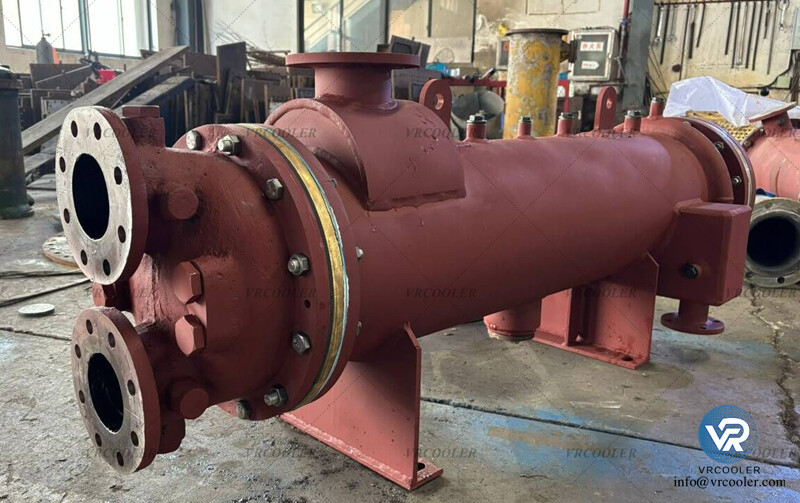Atmospheric condensers, also known as drain coolers, are devices used to condense vapor into liquid form using ambient air as the cooling medium.
Purpose
Condensation: Convert vapor from a gas or steam into a liquid.
Cooling: Reduce the temperature of process fluids, often in refrigeration and industrial applications.
Working Principle
Heat Exchange: The vapor enters the condenser and comes into contact with cooler air. The heat from the vapor is transferred to the air, causing the vapor to condense into a liquid.
Gravity Drainage: The condensed liquid then drains away due to gravity, hence the name "drain cooler."
Applications
Refrigeration Systems: Used in chillers and refrigeration cycles.
Power Plants: Helps in condensing steam back into water for reuse.
Process Industries: Used in chemical and petrochemical processes for cooling.
Advantages
Energy Efficiency: Often requires less energy compared to water-cooled systems.
Simplicity: Fewer moving parts lead to lower maintenance needs.
Environmentally Friendly: Utilizes ambient air, reducing water usage.


